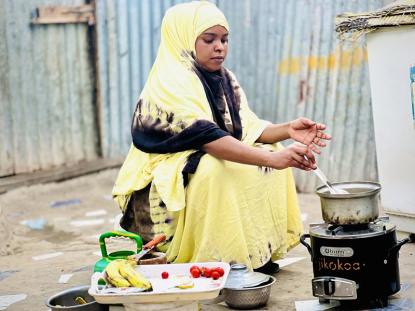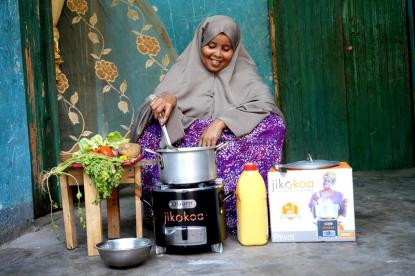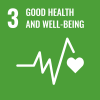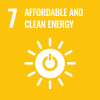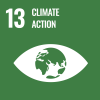Improved cookstoves in Somalia
Good for the health, the wallet, and the environment

Improved cookstoves require significantly less firewood than traditional cookstoves. As a result, they reduce dependence on expensive charcoal and decrease the rate of deforestation. Improved cookstoves also emit less harmful smoke, benefiting the health of women and children, who spend the most amount of time at home.
Famine and drought put a strain on the Somali population
Somalia has been suffering from an unprecedented drought for years and the food situation is critical according to the Global Hunger Index (GHI). Poverty and conflict in the country created an illegal export market for Somali charcoal, which up to 98% of households depend on for cooking. The large quantities needed for traditional stoves are a financial burden on households. And cooking practices have an impact on the climate – many trees are cut down to meet the high demand for firewood.
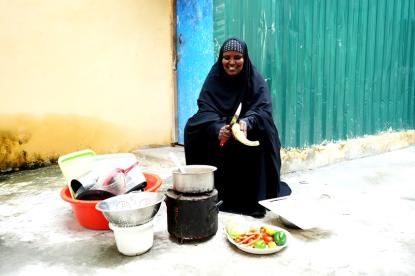
Improved cookstoves: More than just emission reductions
As part of this climate project, around 126,247 improved cookstoves – also known as Jikokoas – are distributed to Somali households in cities and peri-urban areas every year. The Jikokoas reduce wood consumption by around 50%, saving each family an average of $3.70 per week that could now be invested this in education or food. The project also has a positive impact on people's health. Improved cookstoves emit significantly less smoke, reducing indoor air pollution and leading to less respiratory illness. This is particularly beneficial for women and children, who spend a lot of time at home and have daily exposure to smoke.
